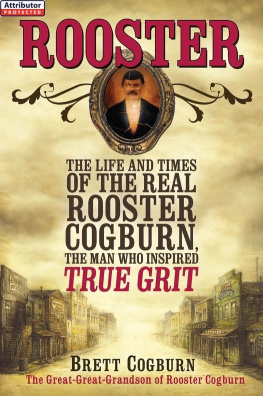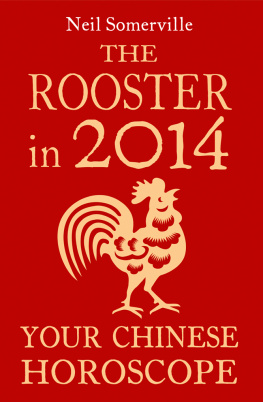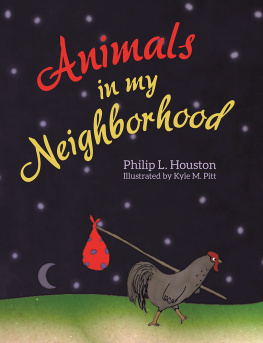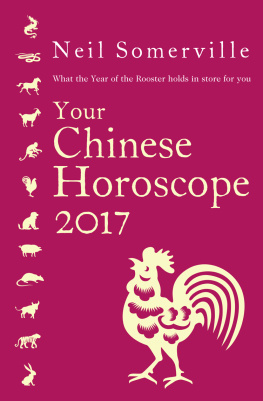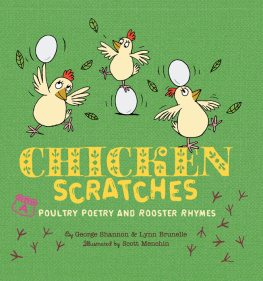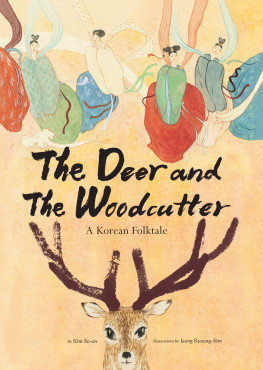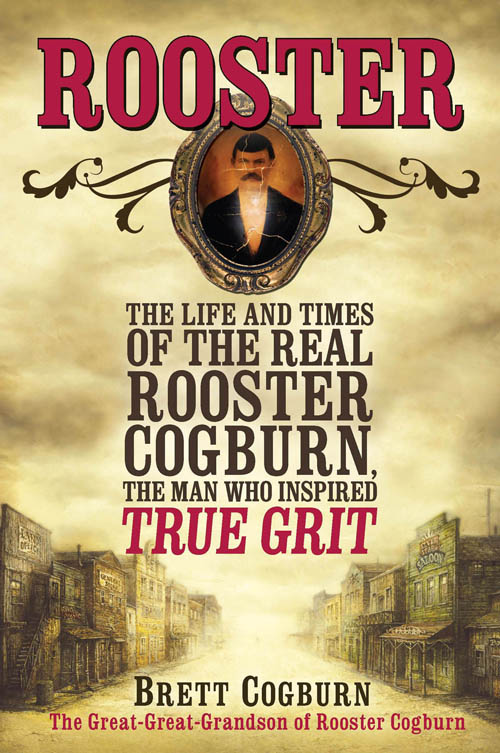Brett Cogburn - Rooster: The Life and Times of the Real Rooster Cogburn, the Man Who Inspired True Grit
Here you can read online Brett Cogburn - Rooster: The Life and Times of the Real Rooster Cogburn, the Man Who Inspired True Grit full text of the book (entire story) in english for free. Download pdf and epub, get meaning, cover and reviews about this ebook. year: 2012, publisher: Kensington, genre: Detective and thriller. Description of the work, (preface) as well as reviews are available. Best literature library LitArk.com created for fans of good reading and offers a wide selection of genres:
Romance novel
Science fiction
Adventure
Detective
Science
History
Home and family
Prose
Art
Politics
Computer
Non-fiction
Religion
Business
Children
Humor
Choose a favorite category and find really read worthwhile books. Enjoy immersion in the world of imagination, feel the emotions of the characters or learn something new for yourself, make an fascinating discovery.
- Book:Rooster: The Life and Times of the Real Rooster Cogburn, the Man Who Inspired True Grit
- Author:
- Publisher:Kensington
- Genre:
- Year:2012
- Rating:3 / 5
- Favourites:Add to favourites
- Your mark:
Rooster: The Life and Times of the Real Rooster Cogburn, the Man Who Inspired True Grit: summary, description and annotation
We offer to read an annotation, description, summary or preface (depends on what the author of the book "Rooster: The Life and Times of the Real Rooster Cogburn, the Man Who Inspired True Grit" wrote himself). If you haven't found the necessary information about the book — write in the comments, we will try to find it.
Fans of frontier arcana will revel in this biography of the Arkansas cowboy, outlaw, and immortal Wild West frontiersman (Publishers Weekly).
Celebrated in Charles Portiss classic novel and three hit films, the real Rooster Cogburn was as bold, brash, and bigger-than-life as the American West itself. Now, in this page-turning account, Cogburns great-great-grandson reveals the truth behind the fictionand the man behind the myth . . .
He was born in 1866 in Fancy Hill, Arkansas, the descendant of pioneers and moonshiners. Six foot three, dark eyed, and a dead shot with a rifle, Franklin Rooster Cogburn was as hard as the rocky mountain ground his family settled. The only authority the Cogburn clan recognized was God and a gun. And though he never packed a badge, Rooster meted out his own justicetaking on a posse of US deputy marshals in a blazing showdown. Now a wanted man, with a $500 reward on his head, Roosterproud, stubborn, fearless, and ornery to the bitter endrode into legend.
In Rooster, [Brett Cogburn] . . . amazes and astounds us with the true-life story of a genuine American icon, and unforgettable man of the West (Booklist).
The author has done extensive research to bring the times and his ancestor to life. Its an interesting read, especially for history buffs. His descriptions of the Fort Smith area, Indian Territory and southeastern Oklahoma are outstanding. The Oklahoman
In this book, [Cogburn] has blended family lore and good research to produce an entertaining portrait. The Dallas Morning News
Brett Cogburn: author's other books
Who wrote Rooster: The Life and Times of the Real Rooster Cogburn, the Man Who Inspired True Grit? Find out the surname, the name of the author of the book and a list of all author's works by series.

